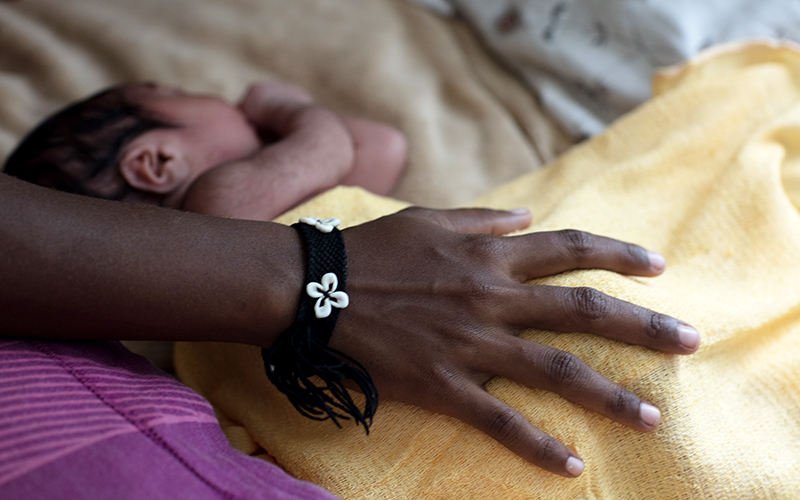
Women are experiencing a range of health conditions following the birth of a child that could last months, years or even a lifetime, new research released today in Lancet Global Health, has found.
These conditions include pain during sexual intercourse, affecting more than a third (35 per cent) of postpartum women, lower back pain (32 per cent), anal incontinence (19 per cent), urinary incontinence (8-31 per cent), anxiety (9-24 per cent), depression (11-17 per cent), perineal pain (11 per cent), fear of childbirth (6-15 per cent) and secondary infertility (11 per cent).
The Series, titled Maternal health in the perinatal period and beyond, calls for greater attention to the long-term health of women and girls – before and during pregnancy and in the months and years after childbirth.
Burnet Researchers led the third paper in the series – Neglected medium- and long-term consequences of labour and childbirth: a systematic analysis of the burden, recommended practices, and a way forward.
One of the lead authors, Burnet Senior Principal Research Fellow Professor Joshua Vogel said the research brought attention to the broad range of issues women could experience months or years after childbirth.
“We found that labour and childbirth are major contributors to many long-term health conditions that are often underappreciated and overlooked,” he said.
“These conditions can impair many aspects of women’s lives, from social participation to employment opportunities and personal relationships.”
The research highlights the need for greater recognition in the healthcare system of common health problems that can arise beyond the point where most women typically have access to postnatal care (usually around six weeks post-partum).
Professor Vogel said while more research was needed, there were actions that could be taken now to improve care for women after the birth of a child.
"Ensuring women get respectful, evidence-based care during labour and childbirth is critical to preventing these complications from happening in the first place,” he said.
“Women also need support from primary healthcare providers, linking them to diverse health services to identify and manage these longer-term complications after childbirth, which they can experience throughout their lives.
“Managing long-term complications after childbirth can often involve lots of different healthcare specialties. We need to ensure health services are integrated and co-ordinated, so that women have access to good-quality care.”
The research calls for a strong, multidisciplinary health system, which not only provides high quality, respectful maternity services but also prevents ill-health and mitigates the impact of broader inequities, including specific interventions that support the most vulnerable women and girls.
Co-author Professor Caroline Homer AO said women needed better continuity of care.
“Many of these health issues are sadly common and often women feel too ashamed or embarrassed to raise these concerns,” she said.
“We need to see health policies that reflect the needs of these women, and help them have a better quality of life.”
Professor Homer said many of these health concerns were treated in isolation but they needed to be looked at collectively.
“When you put all of these issues together, you are talking about a really substantial portion of the population who are living with illness, trauma or pain,” she said.
“What we would like to come out of this series is further research into how healthcare providers can better recognise these problems, but also how they can prevent them happening in the first place.”
